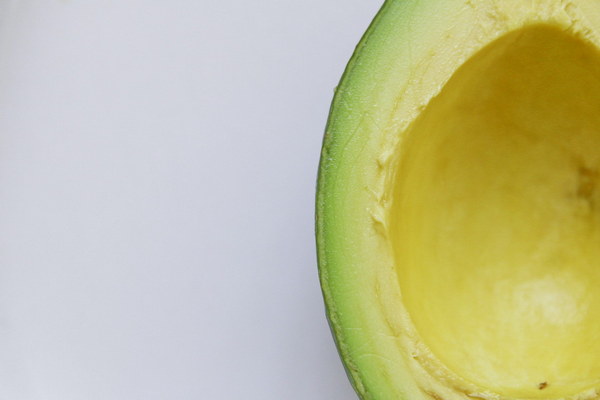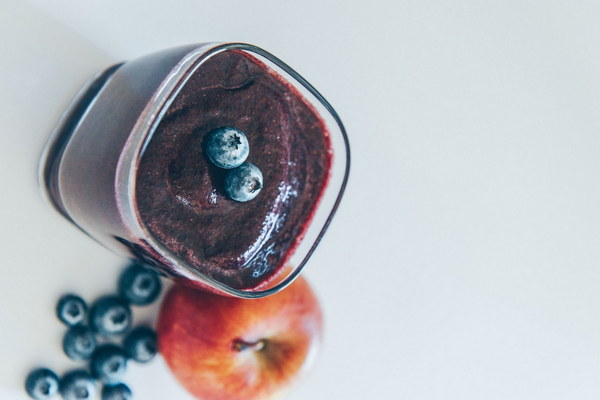Is Rice Soup the Key to Soothe Stomach Pain or Nourish the Stomach
Gastrointestinal discomfort is a common issue that affects many people at some point in their lives. When stomach pain strikes, it's natural to seek relief through various means. One popular remedy often recommended is drinking rice soup to nourish the stomach. But is rice soup really the answer to alleviate stomach pain or simply a myth? Let's explore the benefits and drawbacks of this traditional remedy.
Rice soup, also known as congee or porridge, is a staple in many Asian cuisines. It is made by boiling rice in water until it becomes a thick, creamy consistency. The soothing texture and gentle taste make it an ideal comfort food for those with stomach issues. But does it actually have the power to heal or at least alleviate stomach pain?

The main benefit of rice soup lies in its low-fiber content and gentle digestion. When you're experiencing stomach pain, your digestive system is often inflamed and sensitive. High-fiber foods can exacerbate the discomfort, while rice soup's low fiber content can help ease the strain on your stomach. Moreover, the slow digestion rate of rice soup allows your stomach to rest and recover without further irritation.
Another advantage of rice soup is its ability to provide hydration. Stomach pain can be caused by dehydration, and rice soup is an excellent way to replenish fluids. It's important to drink plenty of fluids when you're suffering from stomach pain to prevent dehydration and support your body's healing process.
While rice soup may offer some relief from stomach pain, it's not a magic potion that will cure all your gastrointestinal woes. The benefits of rice soup are most pronounced in the following scenarios:
1. Acute stomach pain: Rice soup can help soothe the discomfort caused by a short-term stomach issue, such as food poisoning or indigestion.
2. Nourishment: For those who are feeling weak or under the weather, rice soup provides a nutritious and gentle source of calories and nutrients.
3. Digestive issues: Rice soup can be a soothing option for individuals with irritable bowel syndrome (IBS), Crohn's disease, or other digestive disorders.
However, it's important to note that rice soup may not be suitable for everyone. Here are some cases where you should avoid drinking rice soup:
1. Allergies: If you're allergic to rice or any other ingredient in the soup, it's best to steer clear.
2. Diabetic patients: Rice soup can be high in carbohydrates, which may not be suitable for individuals with diabetes.
3. Chronic stomach pain: If you're experiencing ongoing stomach pain, it's crucial to consult a healthcare professional to identify the underlying cause and receive appropriate treatment.
In conclusion, rice soup can be a helpful remedy for alleviating stomach pain and nourishing the stomach in certain situations. Its low-fiber content, gentle digestion, and hydrating properties make it an excellent choice for those suffering from acute stomach issues. However, it's essential to use it responsibly and consult a healthcare professional if you have any concerns or underlying health conditions. Remember, while rice soup may offer some relief, it's not a substitute for professional medical advice and treatment.









